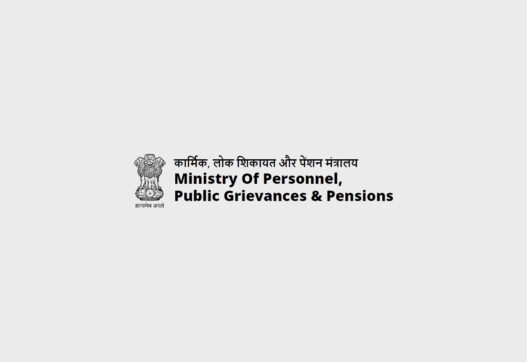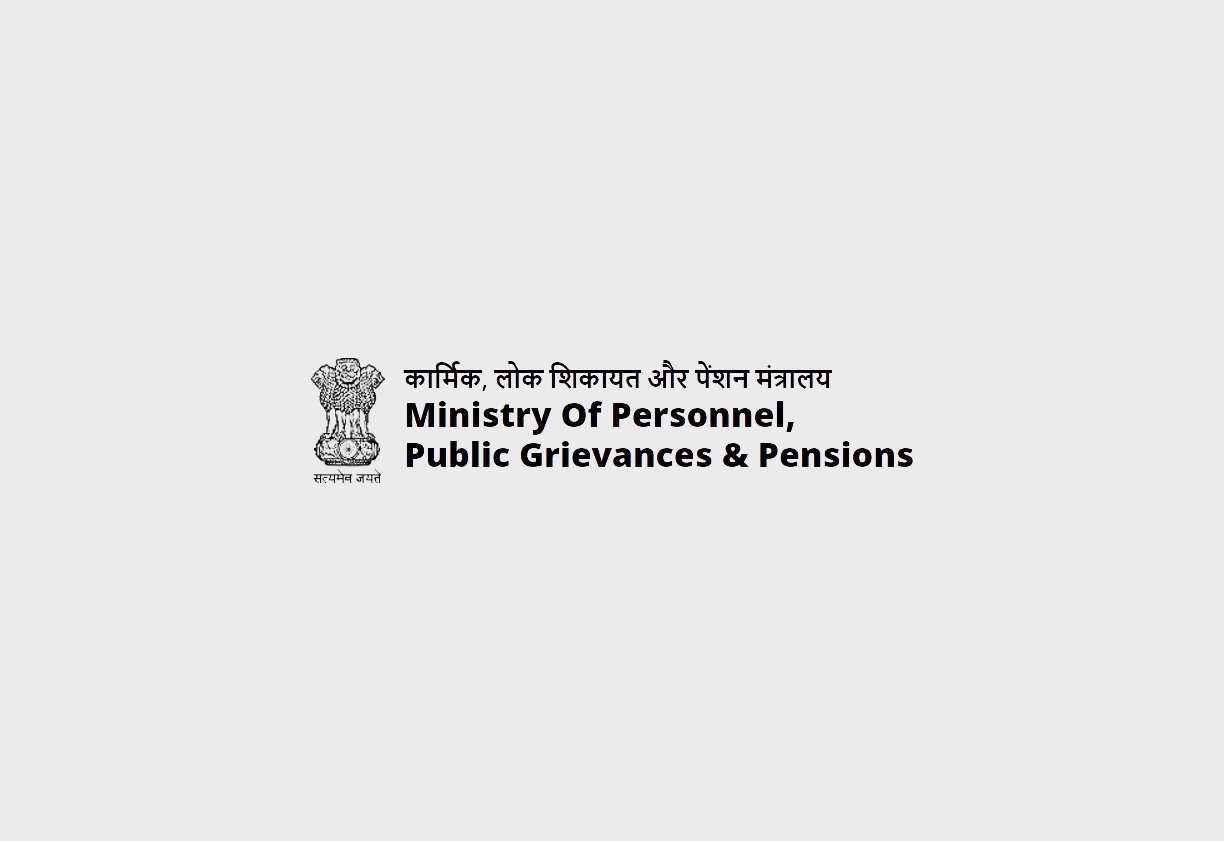Ministry of Personnel, Public Grievances and Pensions
The Pensions’ Act, 1871, was enacted to consolidate and amend the laws relating to pensions and grants by the Government of money or land-revenue. This act aims to provide a legal framework for the administration of government pensions and grants. While the Act does not specify a particular ministry, it falls under the purview of the Ministry of Finance in India, as it deals with financial matters.
Enactment Date, Number of Chapters, Number of Sections:
The Pensions’ Act, 1871, was enacted on August 8, 1871. The Act is structured into 4 parts and 16 sections. These sections cover various aspects of pensions, including rights to pensions, modes of payment, and miscellaneous provisions.
Act Governed By:
The Act is primarily governed by the provisions outlined within its sections. It establishes the framework for the administration of pensions and grants by the government, the process for claiming pensions, and the role of civil courts in related matters. The Act is also supplemented by rules framed by the appropriate government.
On Whom It Is Applicable:
The Pensions’ Act, 1871, is applicable to all individuals who are entitled to receive pensions or grants of money or land-revenue from the government. This includes pensions granted on political considerations, for past services, or as compassionate allowances. It also applies to those who claim a right to such pensions or grants.
Penalties/Punishments:
The Act does not specify penalties or punishments for non-compliance. However, it does outline the conditions under which pensions and grants can be claimed and received. It also specifies that pensions are not liable to seizure by courts for debts.
Important Pointers:
-
The Act bars civil courts from entertaining suits relating to pensions, except as provided.
-
It outlines the process for claiming pensions and grants through authorized officers.
-
The Act empowers civil courts to take cognizance of pension claims upon receiving a certificate from the authorized officer.
-
It specifies that pensions for lands held under grants in perpetuity are not liable to resumption.
-
The Act outlines the mode of payment of pensions and grants through authorized officers.
-
It exempts pensions from attachment by courts for debts.
-
The Act makes assignments of pensions in anticipation void.
-
It allows for the nomination of a person to receive outstanding pension amounts after the death of the pensioner.
-
The Act empowers the appropriate government to commute pensions for a lump sum.
-
The Act also allows for rewards to informers who identify fraudulently received pensions.
-
The Act emphasizes the importance of proper record-keeping and transparency in pension administration.
Act Copy:




